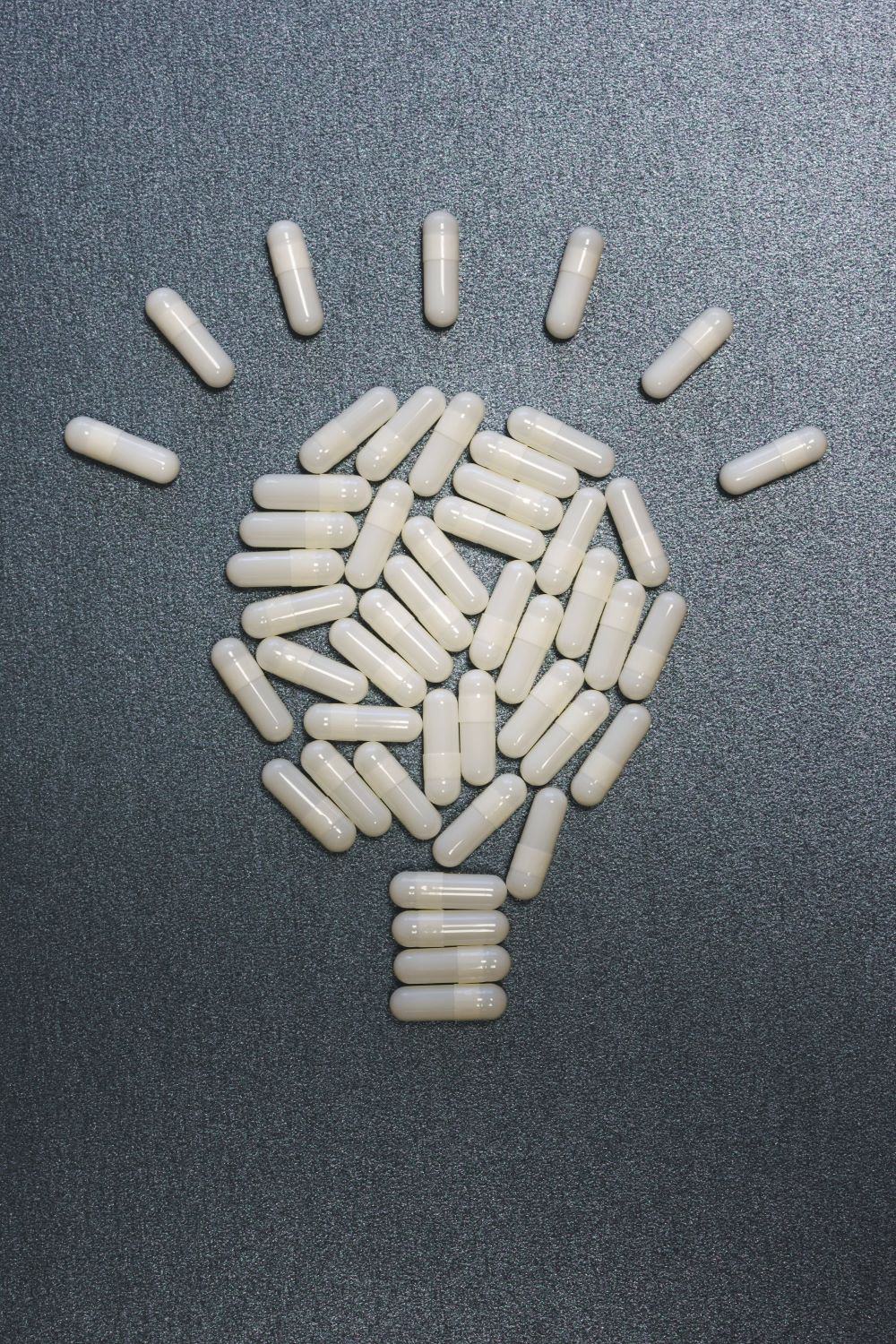Modafinil with CBT May Improve Drug Rehab for Gay Men with HIV
Posted on July 23, 2013
Methamphetamine use has been linked to increased risk of human immunodeficiency virus (HIV) among gay men. Methamphetamine is a highly addictive stimulant that may lower inhibitions, increase sexual arousal, and lead to risky sexual behavior such as unprotected sex. Further, methamphetamine may be injected, and needle-sharing is also a risk factor for HIV. These two epidemics have spread concurrently among gay men. There is a need for specialized approaches for addiction treatment and drug rehab for gay men with HIV, if such approaches could be developed.
Research Regarding Modafinil in Addition to CBT
Researchers from the New York State Psychiatric Institute and Columbia University evaluated the efficacy of modafinil plus cognitive behavioral therapy as a treatment for met...
full story










